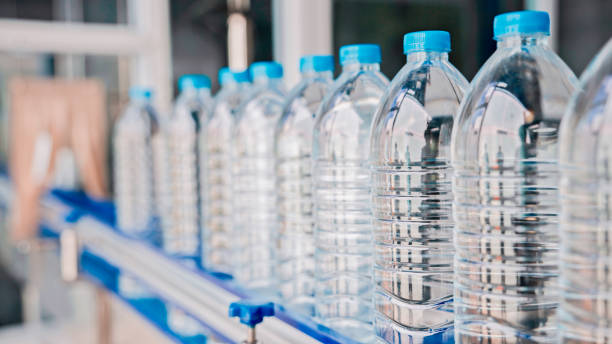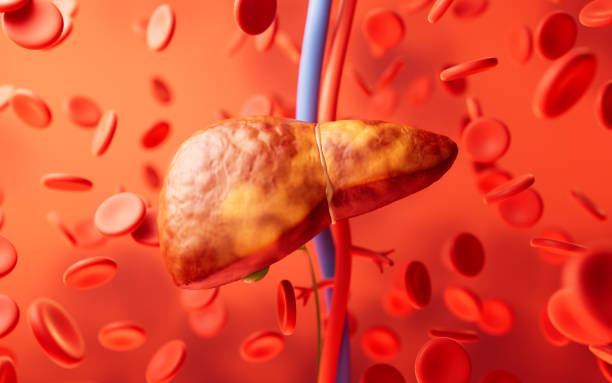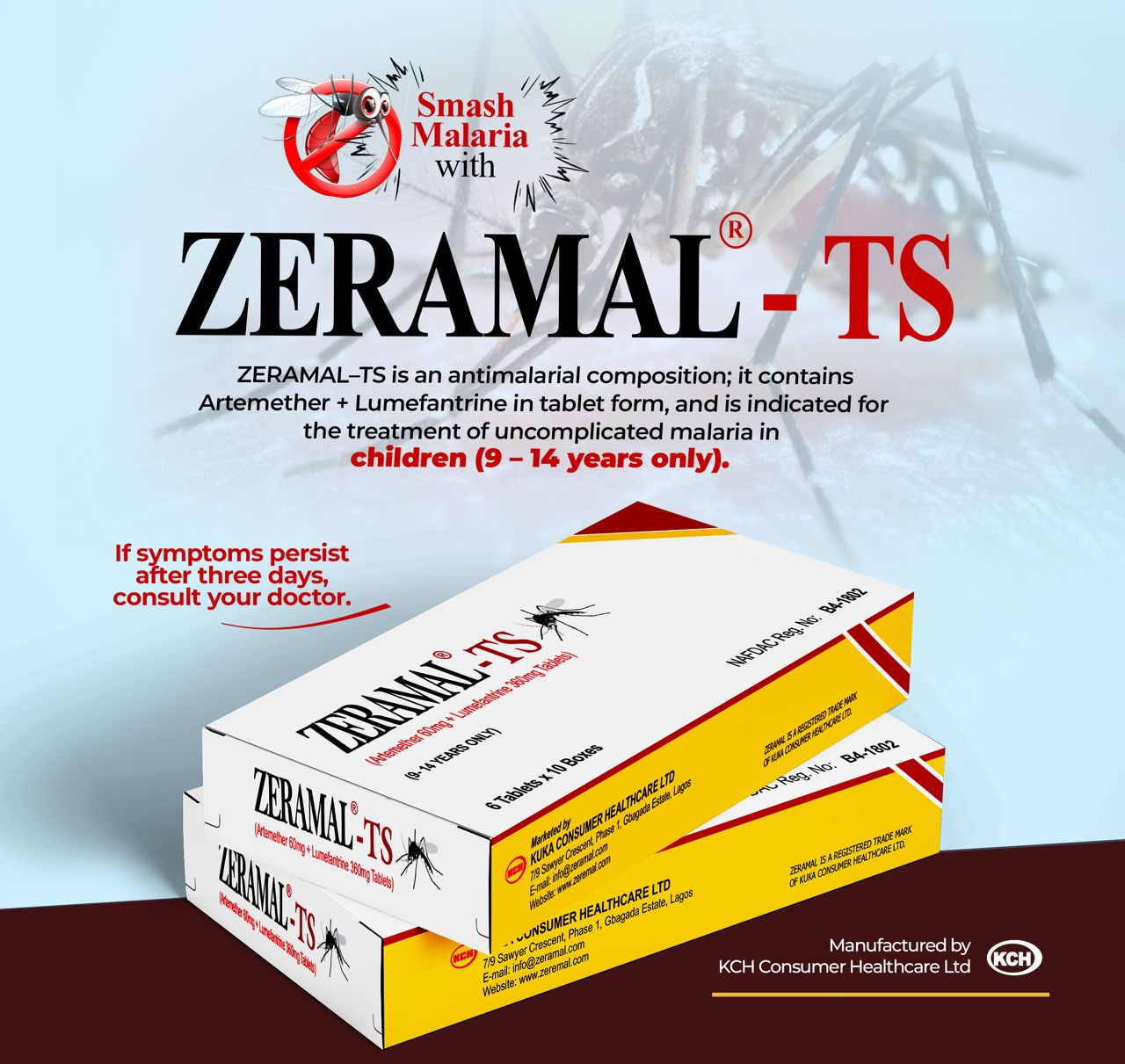PET bottle is a plastic bottle made from polyethylene terephthalate (PET); that is where it got its name from. PET is valued for its strength, lightweight nature, transparency, and gas barrier properties, making it ideal for products like water, soft drinks, beverages and juices. It is also shatterproof and thermally stable. These bottles are recyclable, offering a durable and cost-effective alternative to glass bottles. However, it has a ‘But’ tag on our health. I’m sure you want to know, let’s dive in!
Consumption of water or beverages and more from plastic bottles or cans can impact health primarily due to chemicals that leach from the plastic into the liquid. That will not be in our health’s best interest at all. It’s good to see how, before we consider suggestions for possible solution for health’s sake. Our concerns here are:
– Chemical exposure: Plastics often contain chemicals like bisphenol A (BPA), phthalates, and other additives that can leach into drinks. BPA is linked to hormone disruption, fertility problems, altered brain development, cancer risks, and heart complications. Phthalates are hormone disruptors and it may damage reproductive health.
– Microplastics ingestion: Bottled water may contain microplastics during production, which may accumulate in the body and cause cellular damage, cancers, lung disease, birth defects, and facilitate the entry of pathogen into the body.
Health risks from heat exposure: Sellers of products in these bottles in Nigeria, rather than put them inside the shop and sell to customers from there, prefer to showcase them in the Hot Sun, especially when their competitors who use the same method is having more patronage than them. Also, people who have motor vehicles have been warned not to take leftover water or drink because, when plastic bottles are exposed to heat (e.g., left in cars), they may release toxic substances like dioxins, increasing the risks of cancer.
– Chronic diseases association: Studies suggest that bottled water consumption is associated with higher risks of hypertension, diabetes, ulcers, and kidney stones, possibly due to microplastic and chemical exposure.
– Immune system effects: Chemicals from plastics can impair immune function when consumed over time.
– BPA-free plastics are not risk-free: Alternatives to BPA may also contain other harmful chemicals with similar or worse effects.
While some regulatory bodies state that low-level chemical migration from plastics is considered safe and not proven to cause cancer in humans, growing evidence links plastic bottle consumption to various health issues, especially through endocrine disruption and microplastic ingestion.
Other studies in animals show microplastics reduce sperm quality, testosterone, and impair cognitive functions, suggesting similar risks for humans.
While current evidence on direct causality in humans is still limited and research is ongoing, the pervasive presence of microplastics in bottled water and other sources poses a growing health concern.
We will consider how to mitigate these risks but let’s see what medical professionals have to say:
Nigerian doctors and food safety experts have strongly warned against the reuse of PET (polyethylene terephthalate) bottles for packaging locally made drinks such as zobo, kunu, and tiger nut drinks, citing serious health risks.
Dr. Aina Olugbenga, Vice Chairman of the Nigerian Institute of Food Science and Technology, Lagos State chapter, emphasized that most PET bottles in Nigeria are single-use and not meant to be reused. He explained that these bottles are often scavenged from dump sites, drainages, and even hospitals, making their cleanliness and safety impossible to guarantee. He highlighted that chemicals from these bottles can leach into the drinks, posing carcinogenic risks. Over time, these toxins can accumulate in the body and potentially damage internal organs like the kidneys, which could lead to death. He strongly advised that these bottles should only be recycled-not reused-and that the practice of using them for packaging drinks should be discouraged.
Dr. Omobolanle Johnson, a Public Health Physician and Secretary of the Medical Women’s Association of Nigeria, Lagos State chapter, also raised concerns about the health hazards of reusing PET bottles. She pointed out that these bottles are often not properly washed and may harbor aflatoxins due to poor storage conditions, which are harmful to liver and kidney health. Just as earlier discussed, she warned that leaving these bottles in the sun exacerbates the risks. Dr. Johnson further noted that many drink producers lack food safety training, exposing consumers to viral and bacterial infections. She called for quality control measures and regulation of food safety in Nigeria to address these issues.
They both cautioned that reusing PET bottles for packaging drinks is unsafe, unhygienic, and poses significant health risks ranging from chemical toxicity to infections. They advocate for proper recycling and stronger regulatory oversight to protect public health. We can only pray that the regulatory bodies are concerned enough to swing into action.
While we wait, we want to consider what alternatives we have or are we yoked to this for life? No! There are healthier options:
– Glass bottles: Non-leaching, maintain taste, fully recyclable, and safe for repeated use.
– Stainless steel bottles: Durable, corrosion-resistant, keep drinks hot or cold, and do not release harmful chemicals.
– Ceramic bottles: Eco-friendly, sturdy, and non-toxic, though heavier and more fragile than metal or glass.
– Silicone bottles: BPA-free, lightweight, and collapsible, suitable especially for kids, though long-term health effects need more research.
– Boxed water or paper-based containers: Renewable, recyclable, and with a smaller carbon footprint than plastic bottles, though less durable.
In addition to this, reducing reliance on disposable plastic bottles and supporting sustainable packaging options can further minimize exposure risks.
In the overall, experts say it is important to reduce exposure, they recommend avoiding disposable plastic bottles, filtering water, not heating food (microwaving) in plastic containers and minimizing plastic use as much as possible.
So, are you looking forward to petting your health? If yes! What will be your next move?





